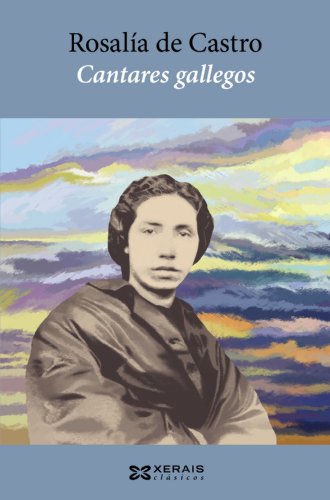Cantares Gallegos / Galician Songs
 “>
“>
Autor:
Rosalía De Castro
Country:
Spain (ES)
Book Theme:
Poets representing your country poetry
Publisher:
Editorial Xerais
Publishing Year:
2008
She suffered paternal and maternal abandonment as the daughter of a clergyman. She lived with her aunt in contact with the rural world, the Galician language and customs that she would later transfer to her poems.
At the age of 15 she moved to live in Santiago de Compostela, where she studied and participated in the literary world of the city.
At the age of 19 she published her first book, “La flor”, dedicated to her mother.
Her husband, Manuel Murguía, encouraged her to write her two great works in Galician: Cantares gallegos and Follas Novas.
She died very young, her last work was “En las orillas del Sar”. She was a pioneer in literature and in the vindication of feminine power, showing solidarity with women who suffered difficulties for defying the social conventions of the time.
National Award for Children’s and Young People’s
Abstract
The work is a collection of 36 poems with a circular structure. The book opens with the first poem “Has de cantar” in which the poetic voice, which we can identify with the author herself, expresses her intention to sing the beauty of Galicia. The book ends with the poem “Eu cantar, cantar, cantei” in which she apologises for the imperfections of her singing.
The other poems are a vindication of the beauty of Galicia, dignifying its language and denouncing the injustices and marginalisation suffered by Galicians.
All the poems are glosses of popular songs collected by Rosalía and placed at the beginning or end of her compositions.
The collection of poems was first published on 17 May 1863 and marks the beginning of the Rexurdimento in Galicia. “Rexurdimento” is the name by which the 20th century is known in the history of Galician literature and clearly expresses what was a trajectory of recovery, not only literary, but also cultural, political and historical.
The Royal Galician Academy marked this date as a very special day for all Galicians and it is celebrated throughout the community as the “Día das Letras Galegas” (Day of Galician Letters).



